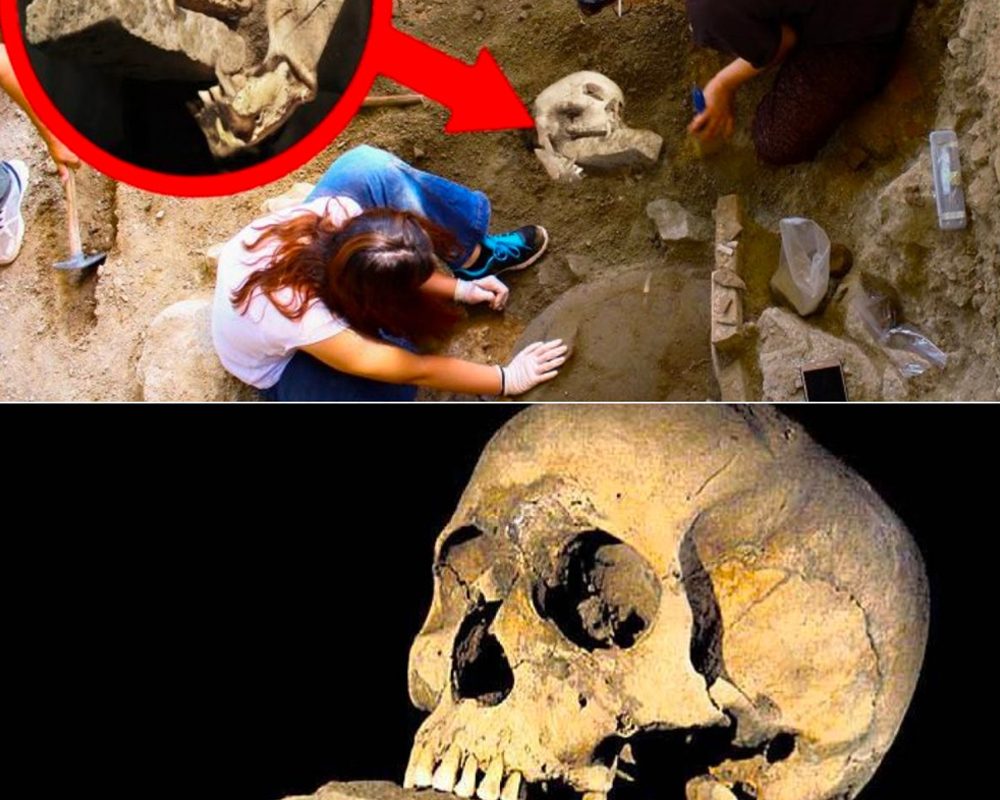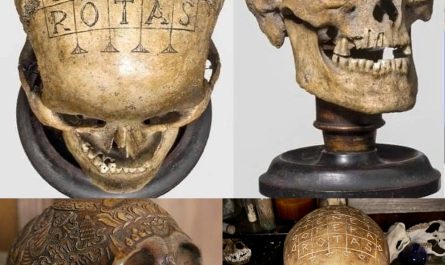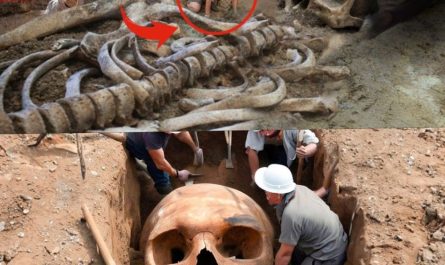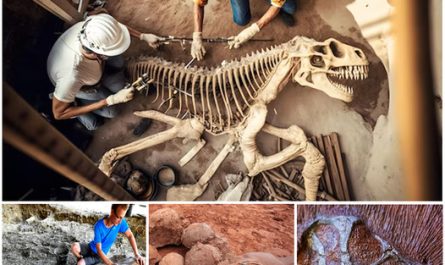Recent archaeological excavations have unveiled ancient vampire burial practices where individuals were interred with their mouths stuffed with rocks. These discoveries, found in graves across Europe, suggest a belief in preventing revenants—suspected vampires—from rising and spreading disease. Such practices reflect the superstitions and fears prevalent during medieval times, where unconventional burial rituals were employed to ward off perceived supernatural threats.
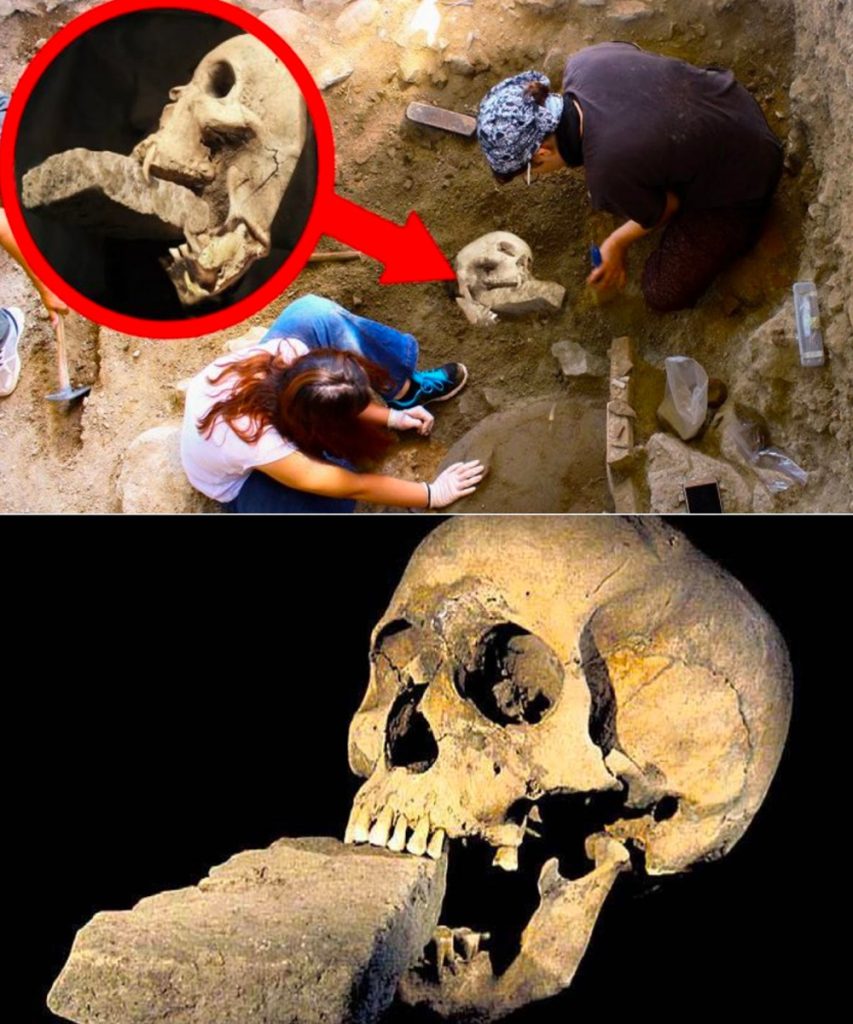
The placement of rocks or bricks in the mouths of the deceased was intended to prevent them from feeding on the living or returning from the grave. These findings provide eerie insights into the cultural practices and beliefs surrounding death and the afterlife in medieval Europe, showcasing the intersection of folklore, religion, and societal fears in shaping burial customs.
